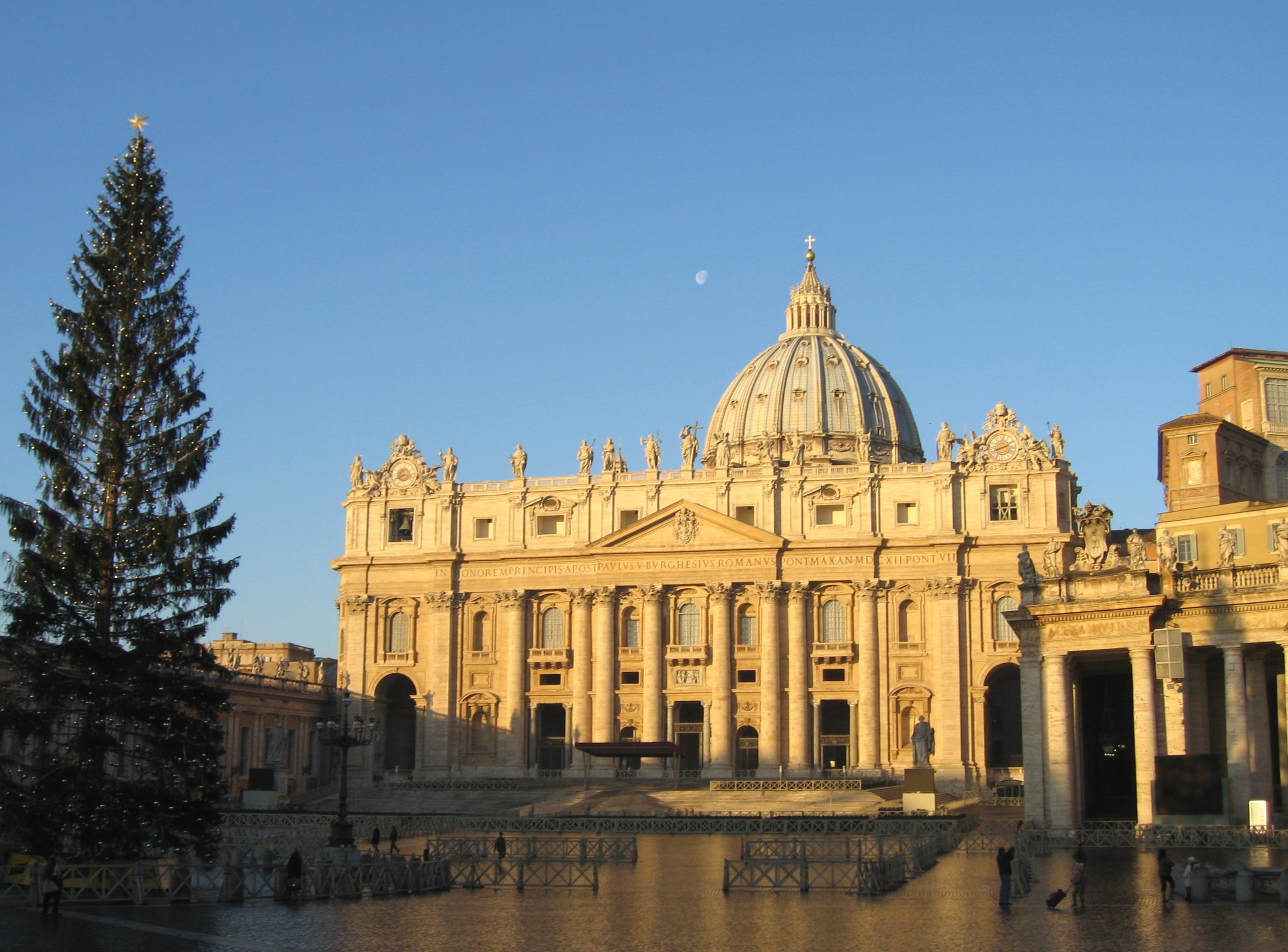-
•
•
What should the priesthood mean to us? How should it influence who we are and how we act? These questions are part of nearly every Mormon lesson on the priesthood these days, and lesson 25 of the Doctrine and Covenants Gospel Doctrine manual is no exception. And I think the following poem fits this basic topic well. Read More
-
•
•
97 responses
God may be no respecter of persons, but everyone else is. We’re not equal, and the roles we fulfill in the church are not equal, so stop saying they are. Read More
-
•
•
58 responses
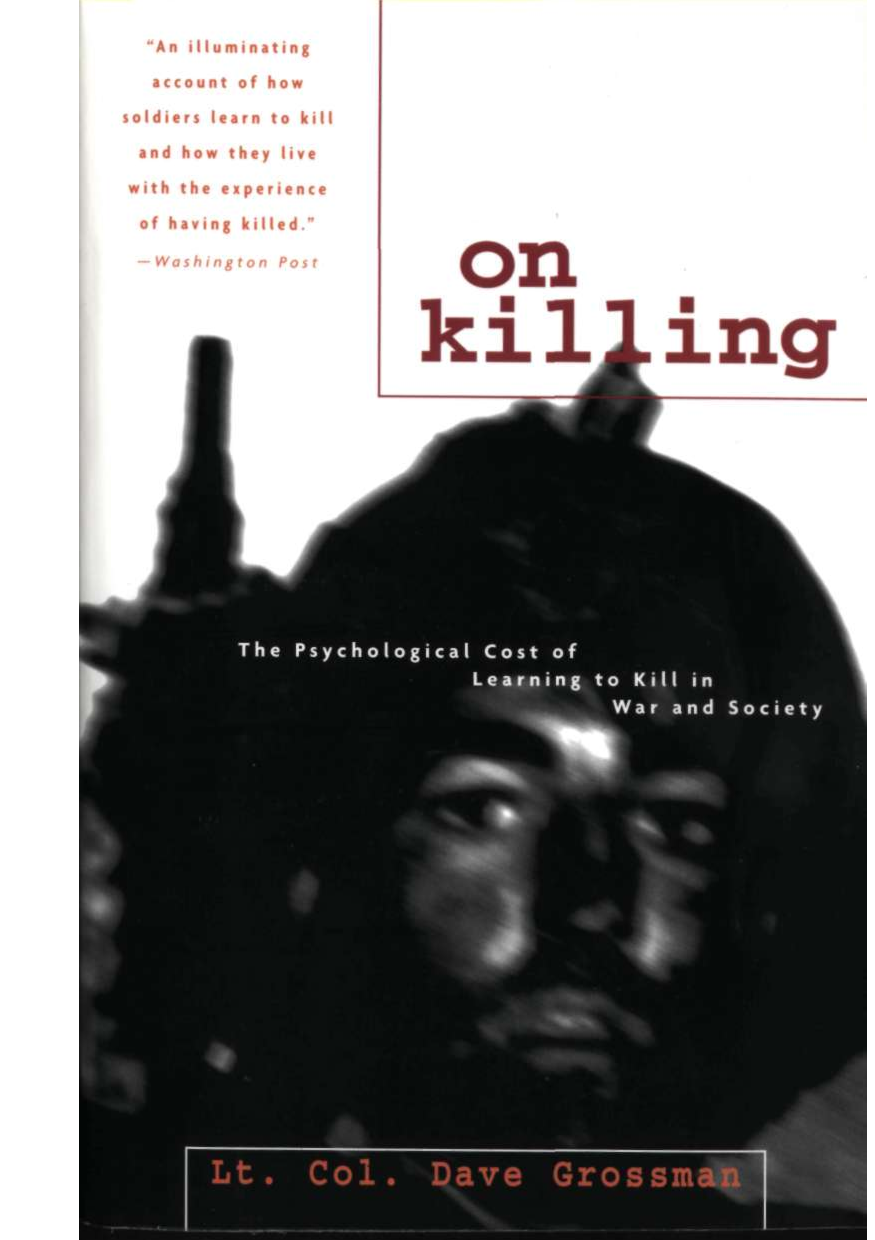
This week I finished reading On Killing: The Psychological Cost of Learning to Kill in War in Society, but I knew I would be writing about the book on Times And Seasons long before I finished it. Despite the seemingly narrow focus of the title, On Killing has broad and sweeping implications for understanding human nature, and it has particular if unexpected relevance to Mormon theology. I must start with the central thesis of the book, however, which is that humans have an incredibly strong inhibition against killing other human beings. The first quantified research in this field came from the… Read More
-
•
•
3 responses
Tonight at midnight, Google Reader will officially turn into a pumpkin. If you’ve been reading Times and Seasons (or any other blogs) with Google Reader, you should set up your transition before the end of the day today (if you haven’t already done so). There are a variety of popular alternatives available, and many of them have import-export features to help facilitate switching. And whatever your preferred method of information consumption, thanks for reading Times and Seasons! Read More
-
•
•
44 responses
Mormons have this fascinating relationship with America and Americanness. On the one hand, we often seem to be among the most American of Americans. Mitt Romney’s problem as a presidential candidate was not that he was weird, but that he was too normal (in a white, 1950s kind of way). To the extent that people thought he seemed alien, it was more because of his money than his religion. American political principles seem to even be more or less written into the Book of Mormon (of course, some similar material is in the Bible, too, including a denunciation of monarchy… Read More
-
•
•
17 responses
One of the rare privileges of being Sunday School President in a Mormon congregation – second only to holding the keys for sounding the bells to end class on the hour – is the occasional opportunity to fill in for the meetinghouse librarian. Read More
-
•
•
83 responses
It looks like the people of California have not been disenfranchised nearly as much as I was concerned about in my post yesterday. They have been disenfranchised at the federal level, but not at the state level. In its decision yesterday, the Supreme Court nullified the ruling of the (federal) Ninth Circuit that Prop 8 is unconstitutional. Many onlookers assumed that meant that the holding of the trial court, from which the Ninth Circuit was hearing an appeal, would be decisive for California law, and since the trial court held Prop 8 unconstitutional, that would mean that Prop 8 was… Read More
-
•
•
12 responses
The good news: There is more room for dialogue between science and Mormonism than between science and other conservative Christian viewpoints. Most Latter-day Saints don’t feel threatened by science. The bad news: Some Latter-day Saints do come to see the relation between science and Mormonism as one of conflict rather than dialogue, and sometimes science wins that debate in their head. Why do some Mormons see science and Mormonism as an either/or choice rather than a helpful partnership? Read More
-
•
•
77 responses
The Supreme Court of the United States of America today informed us that the people are no longer in charge of this country. The Declaration of Independence states that governments derive “their just powers by the consent of the governed.” In the spirit of that principle, 26 states, and many city and local governments, allow citizens to approve legislation directly by popular vote in cases where their legislature does not address their concerns. However, we learned today that if citizens put in place a law that the people in public office don’t happen to like, it can be ignored. The… Read More
-
•
•
The Society for Mormon Philosophy and Theology’s 2013 conference will be held at Utah Valley University, October 31-November 2, with the theme, “The Atonement.” Here is the theme description and submission instructions from the call for papers (PDF). Call for Papers: “The Atonement” The Society for Mormon Philosophy and Theology invites paper proposals on any aspect of Mormon belief, including its philosophical ramifications. We particularly encourage submissions on this year’s theme. “The fundamental principles of our religion,” said Joseph Smith, “are the testimony of the Apostles and Prophets, concerning Jesus Christ, that He died, was buried, and rose again the… Read More
-
•
•
46 responses

The reaction to yesterday’s two-hour Worldwide Leadership Broadcast on missionary work has been mixed. Given the pre-broadcast hype, some viewers were undewhelmed; others were impressed. Our friends at BCC live-blogged the event with reader comments ranging from cynically dismissive to excited and energized. Below I’ll give links to media and LDS coverage, offer my own summary, then add some commentary. Read More
-
•
•
39 responses
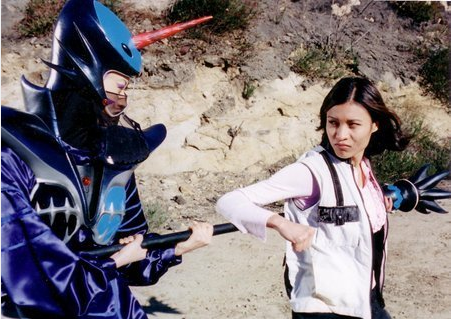
Some folks enjoy poking a hornet’s nest, but just writing that title has me quoting Shakespeare in my head: “Once more into the breach, dear friends, once more.” I’m going to go ahead, however, because even though I may be about as welcome in most feminist circles as Feminists for Life (or as my friends at Secular Pro-Life when they showed up at the American Atheist Convention) the reality is that as long as women face staggering rates of sexual assault and systematic discrimination–things I’ve witnessed second hand through friends and family–I will consider myself a feminist. So tough luck all… Read More
-
•
•
13 responses
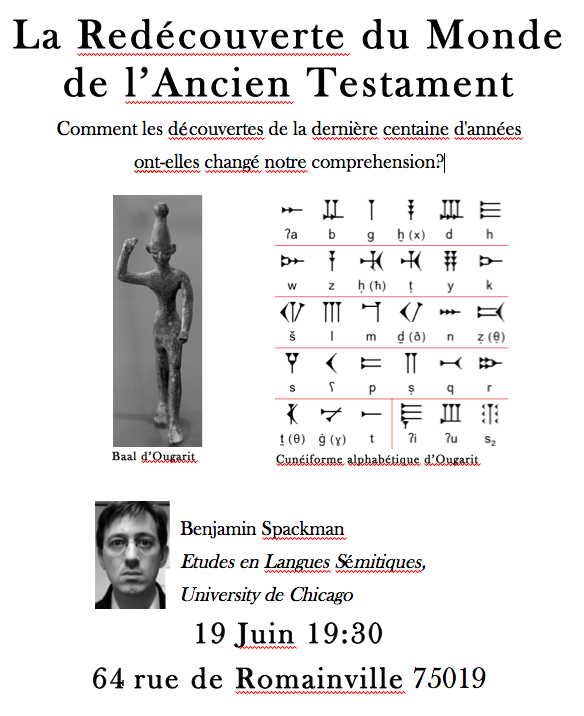
As noted a few weeks ago, I gave my first of three lectures last night, on the Rediscovery of the World of the Old Testament. It was open to the public, and although several groups of an inter-religious nature were invited (apparently the local ward has had some contacts and activities with them before), I think most of the 30-odd in attendance were LDS. I prepared about 35 slides, with a projecteur, divided into three parts. 1) Why “Rediscovery”? In short, the full “World of the Old Testament” was lost. We had nothing but the Bible. It was akin to having a… Read More
-
•
•
25 responses
No. Thank you, I will not commit to doing that. No. That makes me uncomfortable. No. I wouldn’t have time to do that well and still meet my other obligations in a satisfactory manner. No. I don’t have the skills necessary to do that job. No. I’m pretty sure I’m just not going to do that, so you’d be better off asking someone else. We, sweet, eager to please, eager to accept authority people that we are, we need to learn to say “no.” If it helps, we can explain why we are saying no, so long as… Read More
-
•
•
31 responses
Twenty years ago, I held up one half of the largest sign at a student protest in response to the non-renewals of two BYU professors. Read More
-
•
•
69 responses
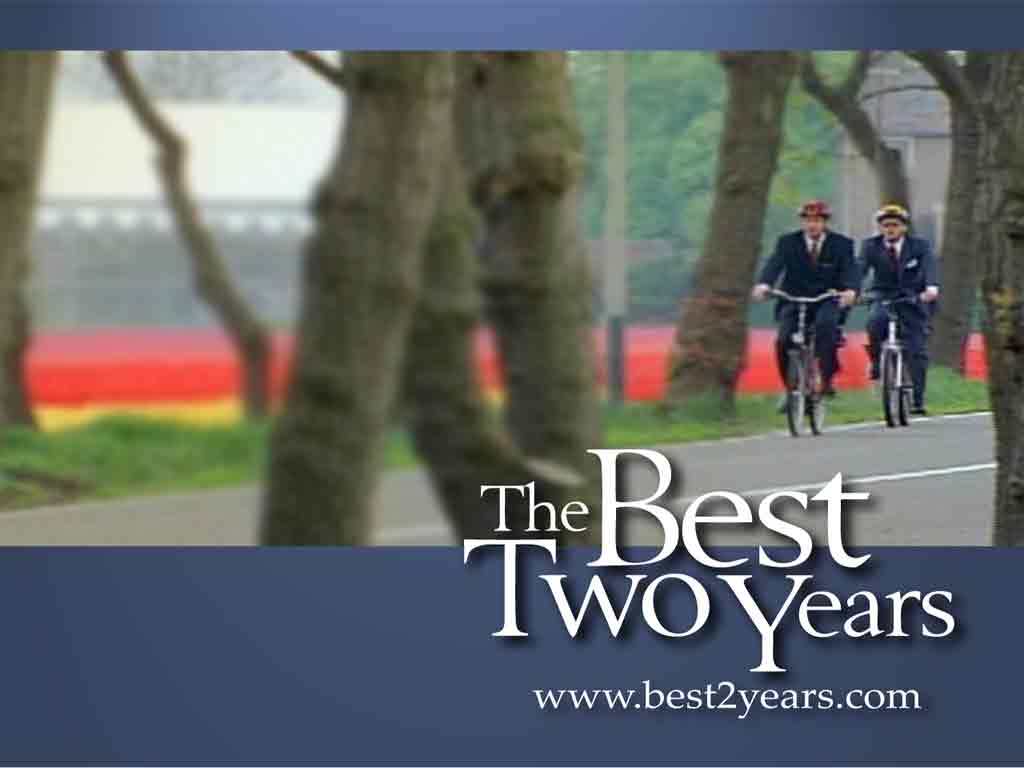
I’m going to wander a little farther from familiar territory in this post. I hope you’ll willingly entertain some speculation and tentative analysis about the institutional nature of the Church in a changing society and indulge my focus primarily on American culture. I’m interested to see what others make of these ideas. First, only institutions that develop successful methods for continuously bringing in new members can survive over the long term. Since the Church has survived and thrived in the centuries since its founding, it stands to reason that the Church must have developed reasonably effective recruitment practices. Of course… Read More
-
•
•
2 responses
I frequently hear claims that many church members are leaving the Church, that those who have been raised in the Church, or who have converted have become disillusioned. For a variety of reasons members do leave the Church, and it may be that they are leaving faster now than they did 50 years ago; although we don’t have the data to say for sure. It is clear that this has happened throughout the history of the Church, sometimes in greater numbers than in other times. D&C gospel doctrine lesson #24 addresses this, urging members to “be not deceived.” Read More
-
•
•
5 responses
(This is the second post in a series. The first post is here.) Read More
-
•
•
46 responses
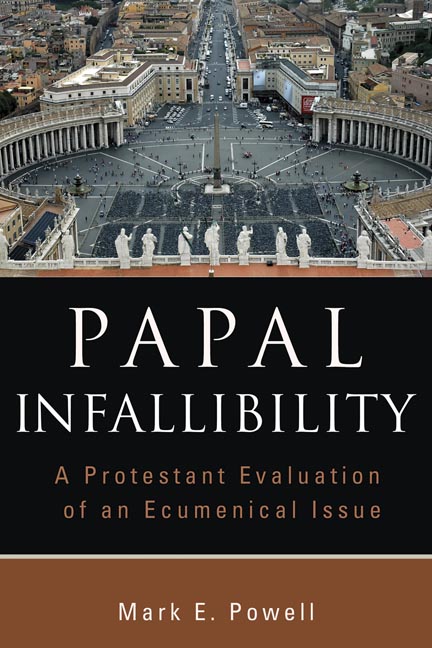
As Mormons we follow the prophet, we proclaim, lifting our right hand at many Church occasions, for ‘he shall not lead us astray’. Quite a few General Conference talks urge us to heed the words of the Lord’s anointed, to follow his counsel as the true Iron Rod for our ecclesiastical lives. ‘When the prophet speaks, the debate is over’ First Counselor N. Eldon Tanner wrote in the Church’s Ensign magazine August 1975, echoing an Improvement Era’s message of June 1945, and this message comes to us over and over again. Read More
-
•
•
9 responses

This is the third post (first, second) in a series on the New Testament. This post covers what should probably have been the first post: consideration of the seven undisputed letters of Paul, chronologically the earliest documents in the New Testament, written in the 50s. They give us the best information we have on the early Christian churches scattered around the Roman world. Oddly, Paul’s letters receive much less attention in most LDS discussion of the New Testament than the gospels. Read More
-
•
•
15 responses

For members and visitors alike, that little sheet of cheap white copy paper is invaluable when they need it. But usually, they don’t. Read More
-
•
•
50 responses

I could see them before I crossed Michigan Avenue into Grant Park. There were probably five of them, holding big yellow signs with blocky letters, Bible verses. It seemed out of place, fifty feet in front of the entrance to the Chicago Blues Festival, but maybe I just didn’t understand the logic behind it. I don’t remember the verses the signs promoted, and the picketers seemed nice enough, holding signs but not harassing the passersby, passersby who, like me, basically ignored them. Maybe they’d picked out verses of scripture with special applicability to fans of the blues; then again, maybe… Read More
-
•
•
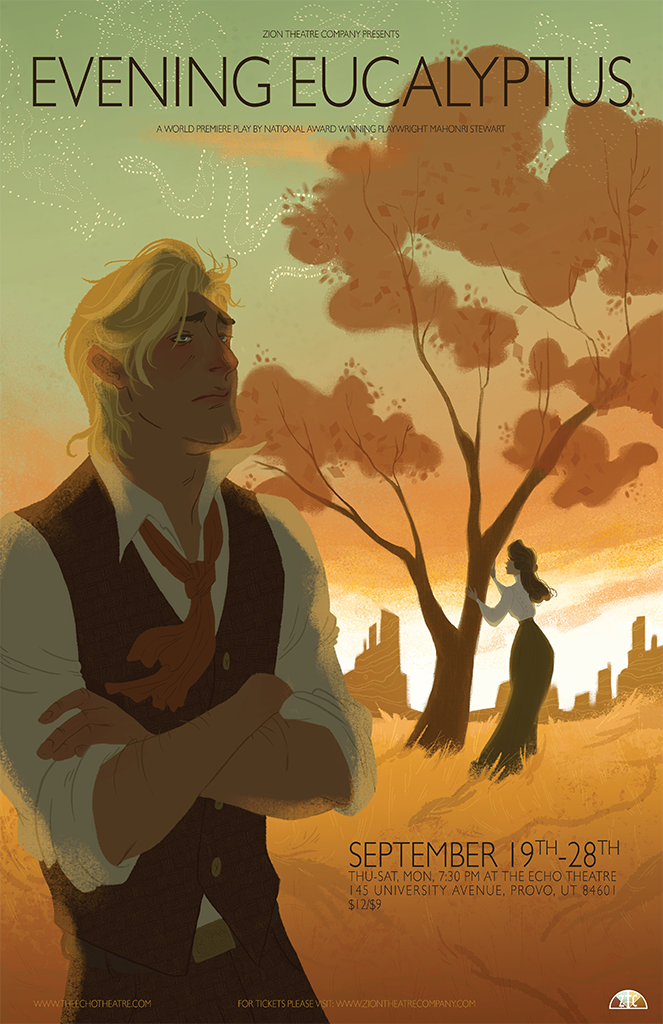
A couple of weeks ago, I reviewed Mahonri Stewart’s two plays The Fading Flower and Swallow the Sun. I liked them both. I’m also reading the anthology of plays that he compiled and edited Saints on Stage. So far it’s been fantastic just for the historical overview of Mormon drama from the Restoration until today, and I’m just getting into Robert Elliot’s Fires of the Mind. So, when I learned that his theater company (Zion Theatre Company) was putting on a Kickstarter campaign, I jumped at the chance to back it. Zion Theatre Company is currently in its third year,… Read More
-
•
•
63 responses
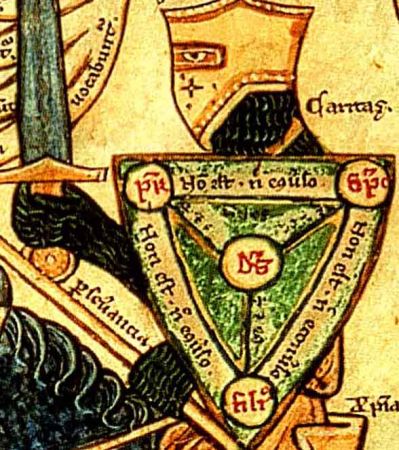
Against my better judgment, and to the detriment of my workday, I allowed myself to be temporarily pulled into a Facebook debate on Friday about Mormonism and orthodox Christianity. This went about as well as could be expected, of course. The word “cult” was used in earnest, the Tanners were quoted, and all in all it was a horrifying flashback to my high school days as an Internet messageboard crusader. (Thank goodness those days are over!) I eventually came to my senses and retreated like Luke Skywalker fleeing the Mos Eisley Cantina. I did, however, gain some insight into the… Read More
-
•
•
7 responses
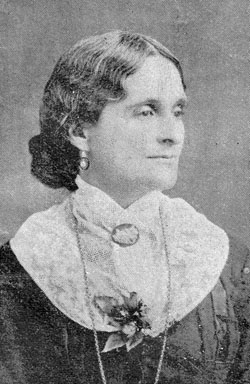
It is nice to see our duties described in a way that makes clear their role in our communities. Take tithing, for example. Lorenzo Snow’s teachings in the current Priesthood/Relief Society manual (lesson 12) clearly cover our obligation, outlining how much we must provide and how tithing is a commandment of the Lord. But the lesson doesn’t put obedience to this commandment in context. It doesn’t show how it works in our everyday lives and what its effects are on our community. I think this poem does put the commandment in context. Read More
-
•
•
I occasionally see from both inside and outside of the Church those who suggest that Mormons are somehow against education. While there certainly have been some anti-intellectual ideas floating around the Church almost from the beginning, the general tenor of Church teachings have always been supportive of education, and D&C Gospel Doctrine lesson #23 is no different. Church leaders have repeatedly, since the days of Joseph Smith, made it clear that education is not just good, it is part of the very purpose of life. Today’s poem sees education as a crucial element in the progress of man: Read More
-
•
•
15 responses

I’ve recently been involved in teacher training in my ward and have prepared some materials that I’m going to share across a few posts. Read More

